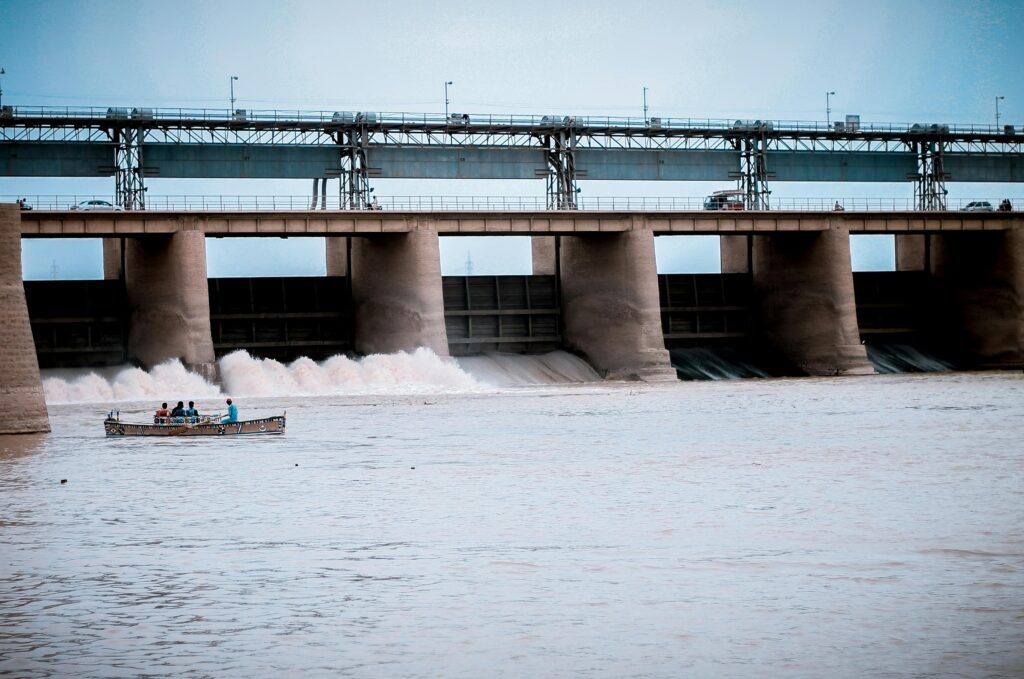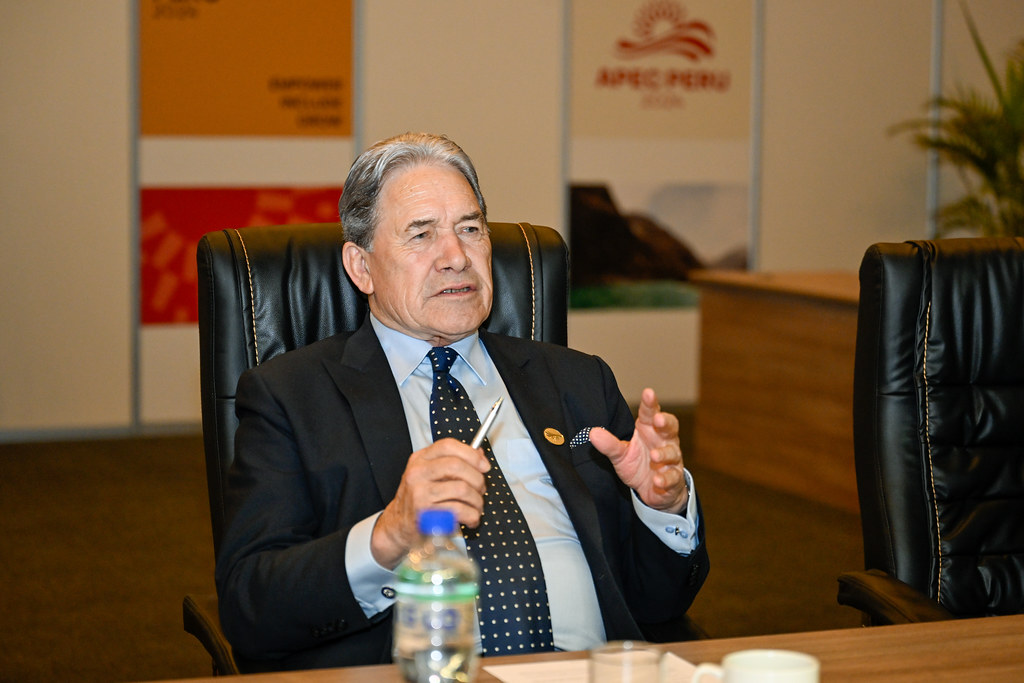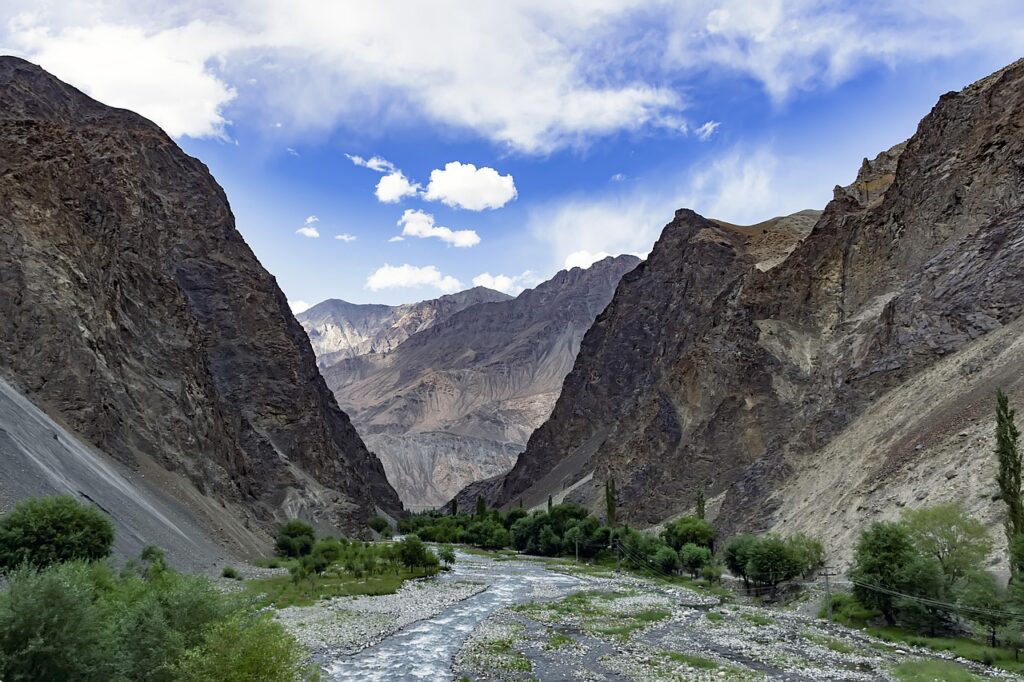UNITED NATIONS: At a recent United Nations session, Pakistan expressed grave concerns regarding India’s unilateral suspension of the Indus Waters Treaty (IWT), labeling the decision as a significant escalation that threatens the livelihoods of over 240 million people.
During a meeting focused on the protection of water resources in conflict zones, Pakistan’s Deputy Permanent Representative to the UN, Ambassador Usman Jadoon, emphasized the potential humanitarian crisis stemming from India’s actions. He highlighted that the suspension not only contravenes international law but also poses a risk to regional stability.
Ambassador Jadoon condemned India’s announcement to halt the treaty, urging the international community to intervene before the situation deteriorates further. “This decision represents a serious breach of international legal standards, including human rights and treaty obligations,” he stated, calling for India to honor its commitments to prevent any disruption to the water supply crucial for Pakistan’s population.
The ambassador also referred to troubling remarks from Indian officials, which he characterized as indicative of a dangerous mindset that threatens humanitarian principles. He called for a unified global stance against the politicization and militarization of water resources, urging the UN Security Council to take an active role in monitoring developments and ensuring compliance with international humanitarian law.
In a related session, tensions escalated between Pakistani and Indian delegates, with accusations exchanged regarding military actions that endanger civilian populations. Pakistani Ambassador Asim Iftikhar Ahmad criticized Indian military operations targeting civilian areas, while Indian representatives countered by accusing Pakistan of using terrorism as a state policy.
Pakistani delegate Saima Saleem defended her country’s actions against terrorism and cited incidents of civilian casualties in Kashmir, underscoring the need for accountability and independent investigations into such events. She stressed that for peace and security to be achievable, India must cease actions that undermine regional stability and engage in constructive dialogue regarding the Kashmir issue.
The exchanges at the UN reflect the ongoing tensions between the two nations, with both sides calling for international support to uphold their views and addressing the complex humanitarian challenges they face.



